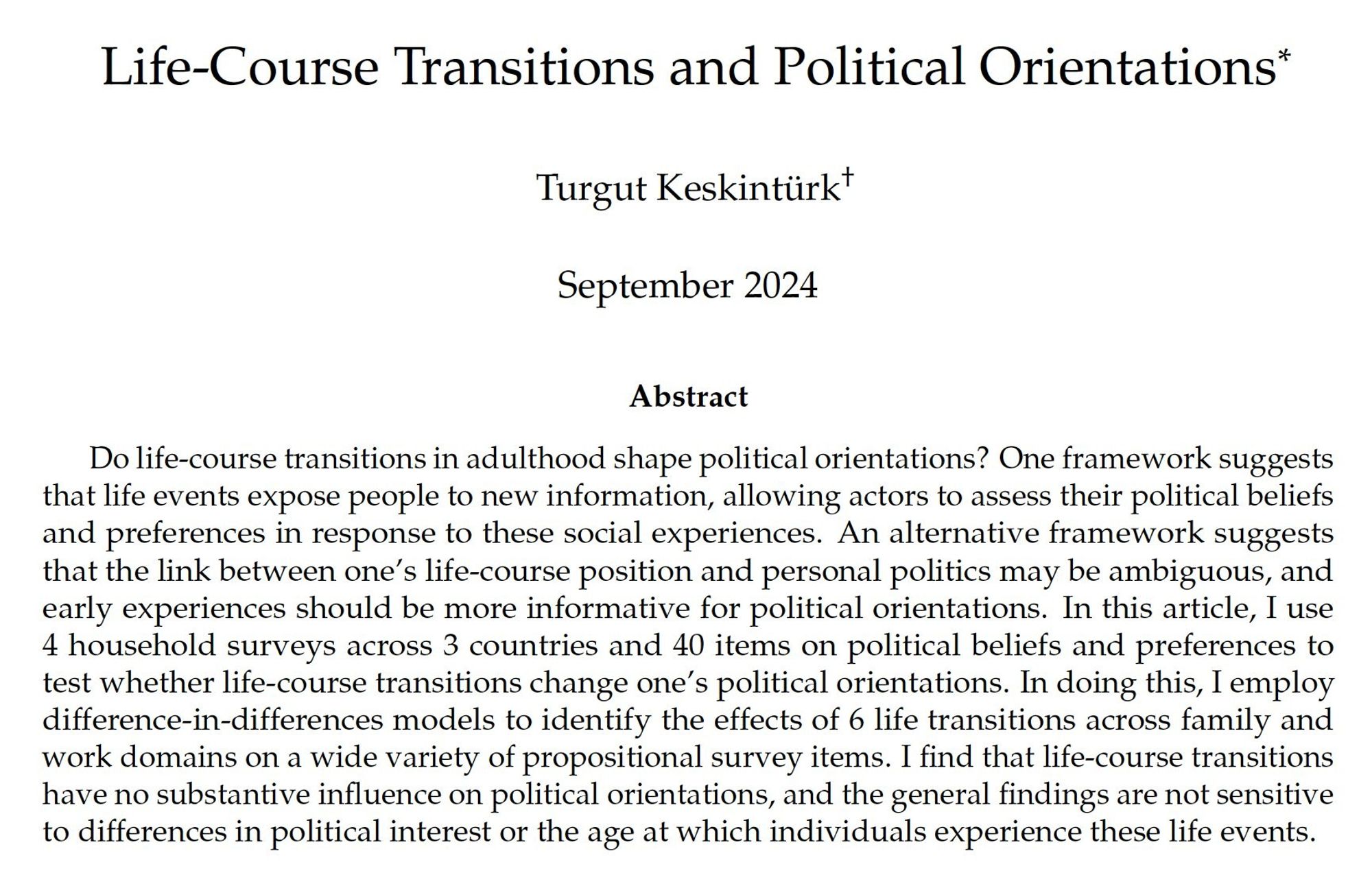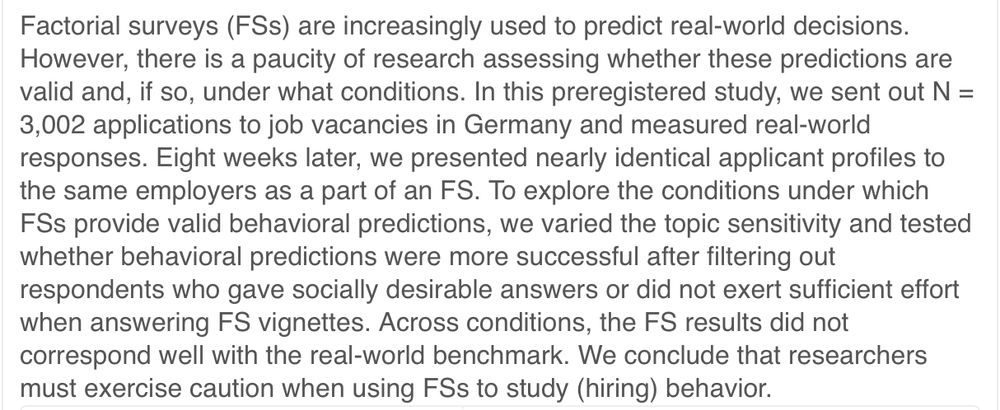Adriano S. Senkevics, Rogério J. Barbosa, Flavio Carvalhaes, Carlos A. Costa Ribeiro , "Decomposing Heterogeneity in Inequality of Educational Opportunities: Family Income and Academic Performance in Brazilian Higher Education"
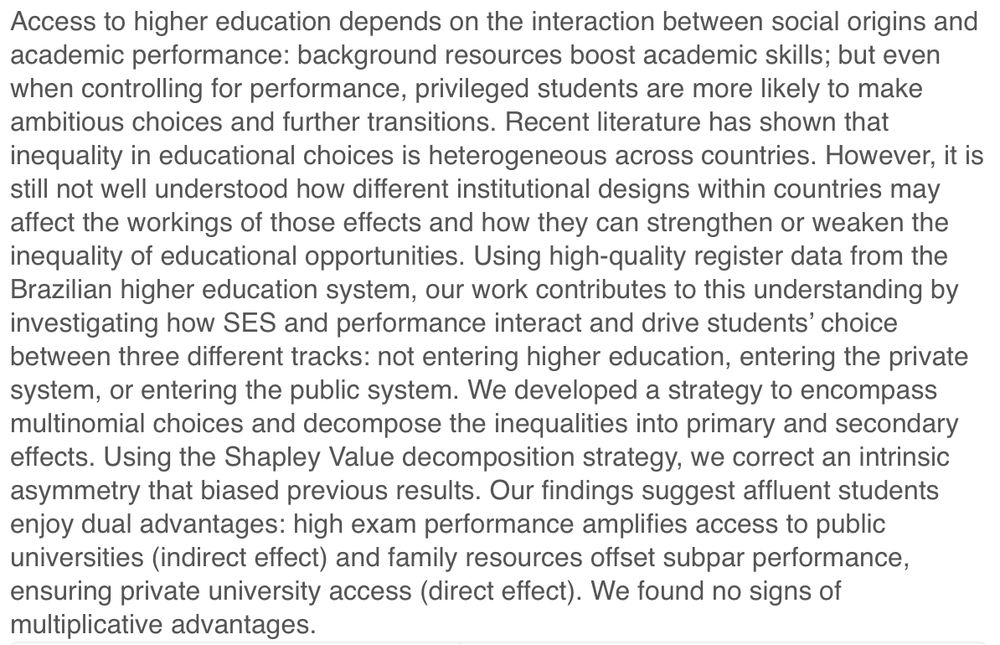
Article: Decomposing Heterogeneity in Inequality of Educational Opportunities: Family Income and Academic Performance in Brazilian Higher Education | Sociological Science | Posted September 10, 2024
New Publication with @neugebauer.bsky.social in Sociological Science! Factorial surveys are widely used to predict real-world decisions, but are they valid? Our results raise concerns when it comes to predicting real-world decisions from factorial survey responses (1)
In a new paper with #RenskeKeizer@usociety.bsky.social#austerity#benefit#cap#health#Sociology#EconSky#welfarerightskydoi.org/10.1093/sf/s...
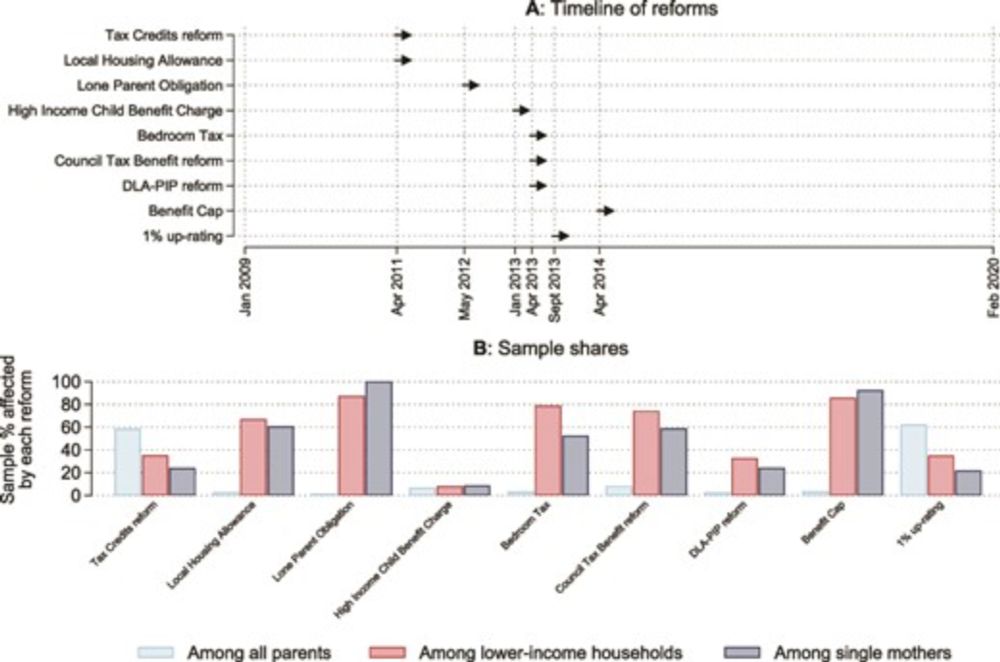
Abstract. Benefit cutbacks have been prominent after the Great Recession. The Family Economic Stress Model (FESM) theorizes how financial losses such as th
Still some time to register for the #GESISworkshop#SequenceAnalysis#R@raabm.bsky.socialtraining.gesis.org?site=pDetail...
New preprint! osf.io/preprints/ps... The age-period-cohort problem is something that many researchers are vaguely aware of. There have been very cool advances in how to reason about it which don't seem to be well-known in psych. So, I've written a primer!
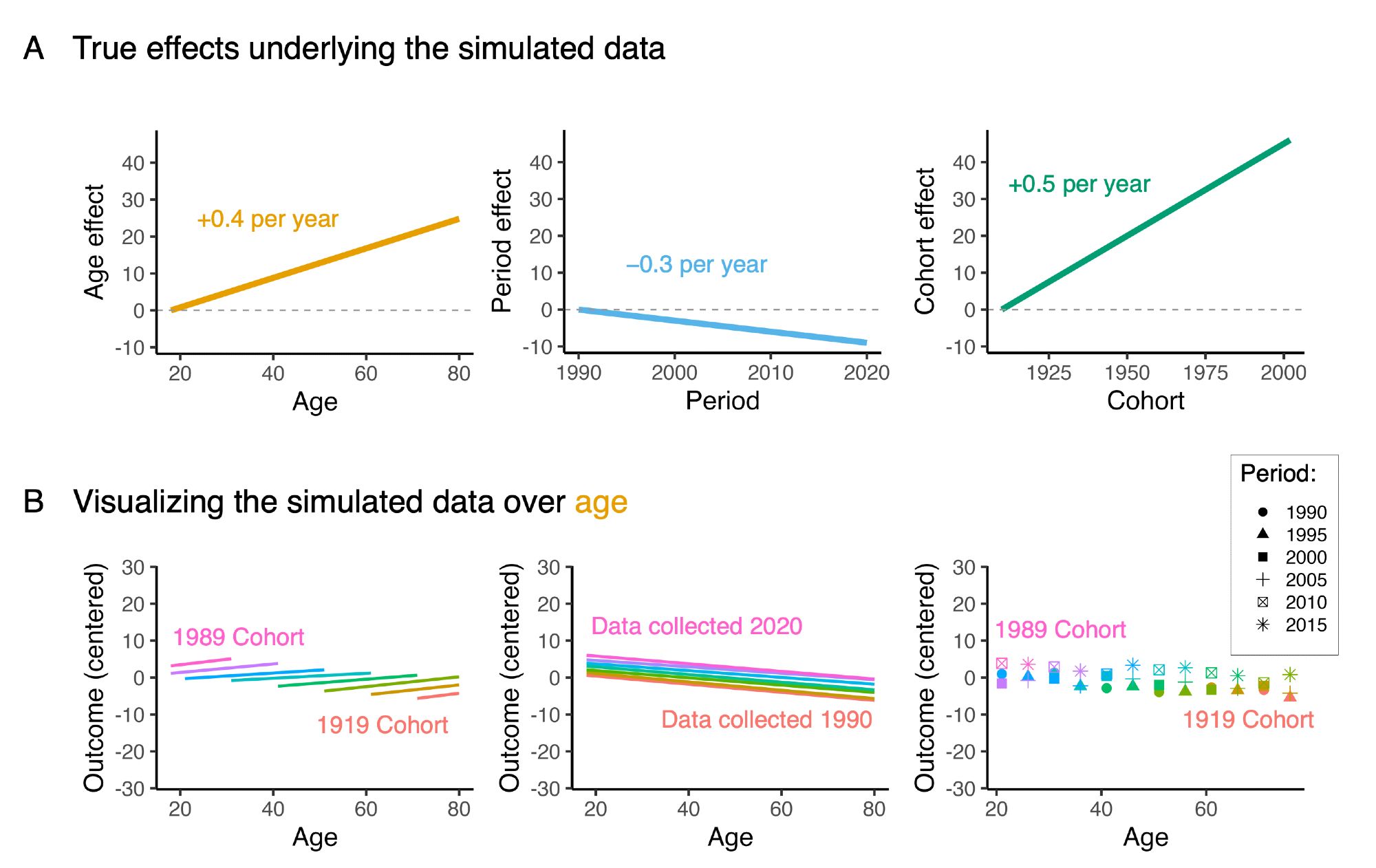
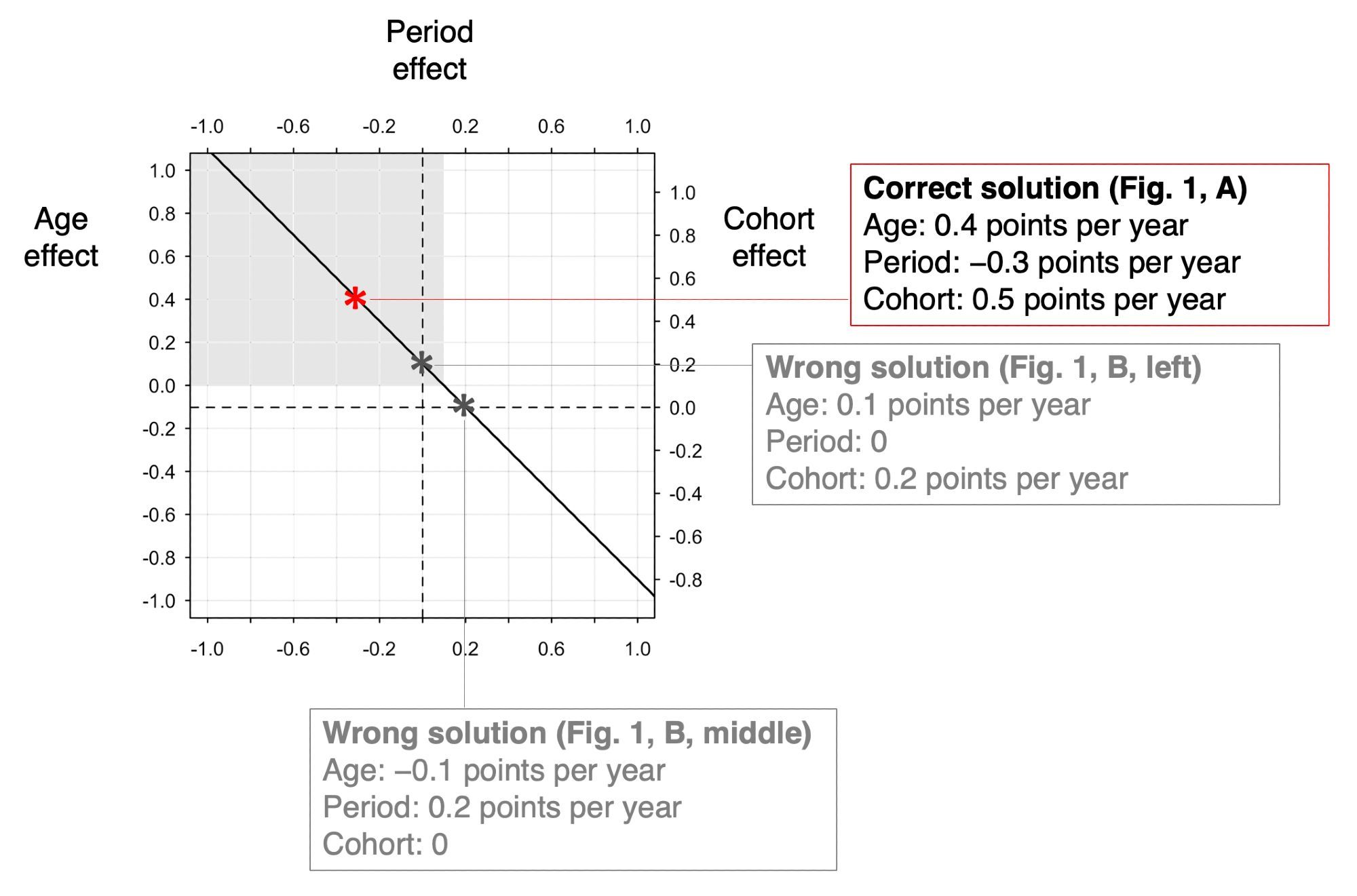
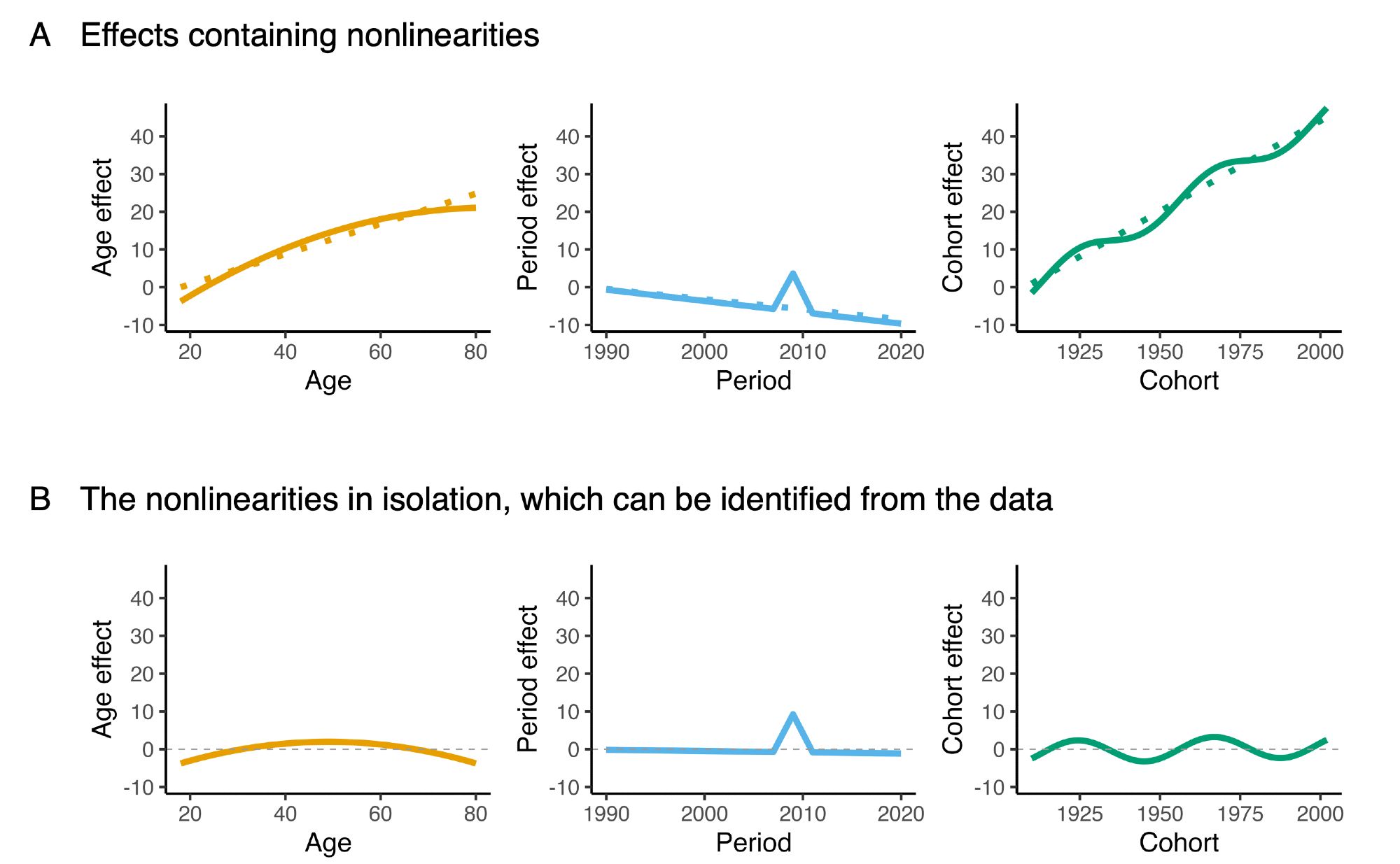
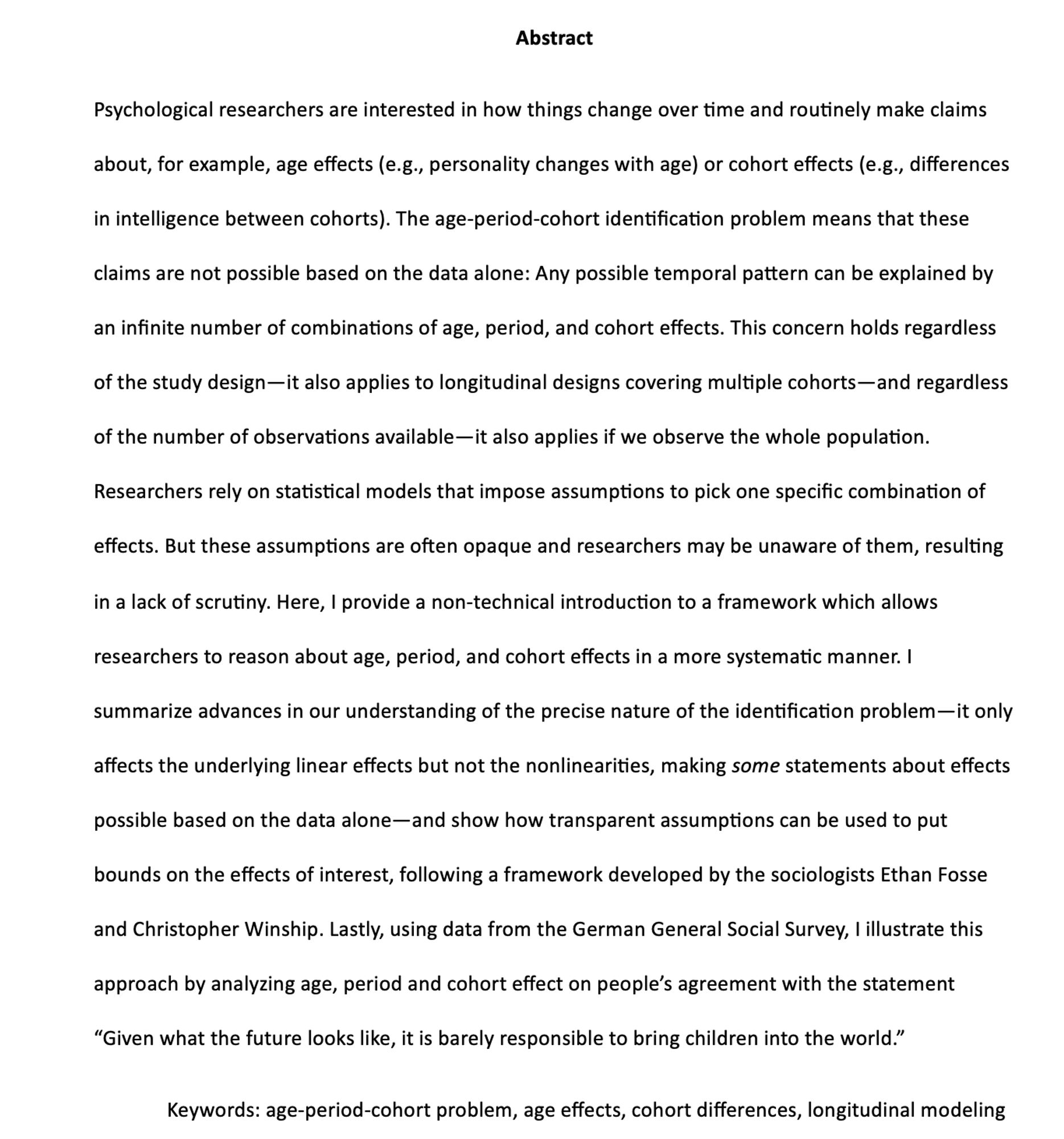
Thanks! Would love to be added.
Acaba de sair uma publicação minha com Adriano Senkevics (IPEA), Rogério Barbosa e Carlos Antônio Costa Ribeiro (IESP-UERJ). Perguntamos como renda e desempenho estruturam o acesso ao ensino superior público e privado no Brasil. Acho que vocês vão gostar! sociologicalscience.com/articles-v11...
Go live in Florence, eat lots of gelato, work in a ridiculously beautiful campus, hang out with bright people. Life is good.
do life-course transitions--ranging from one's first-parenthood to unemployment--change political beliefs and preferences? using difference in differences models over 6 events and 40 survey items, I show that the answer is *no.* forthcoming now in Sociological Science! osf.io/rk47w/
